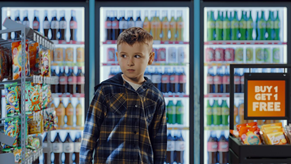Well . . . that's not on the menu.
The page you’re looking has either moved or is undergoing maintenance.
Here are some links to help you get to the information you need.
Not what you are looking for? Drop us an email and let us know what you need at [email protected].
Our job is to promote safe and healthy eating. Here’s where you can learn more about us.




